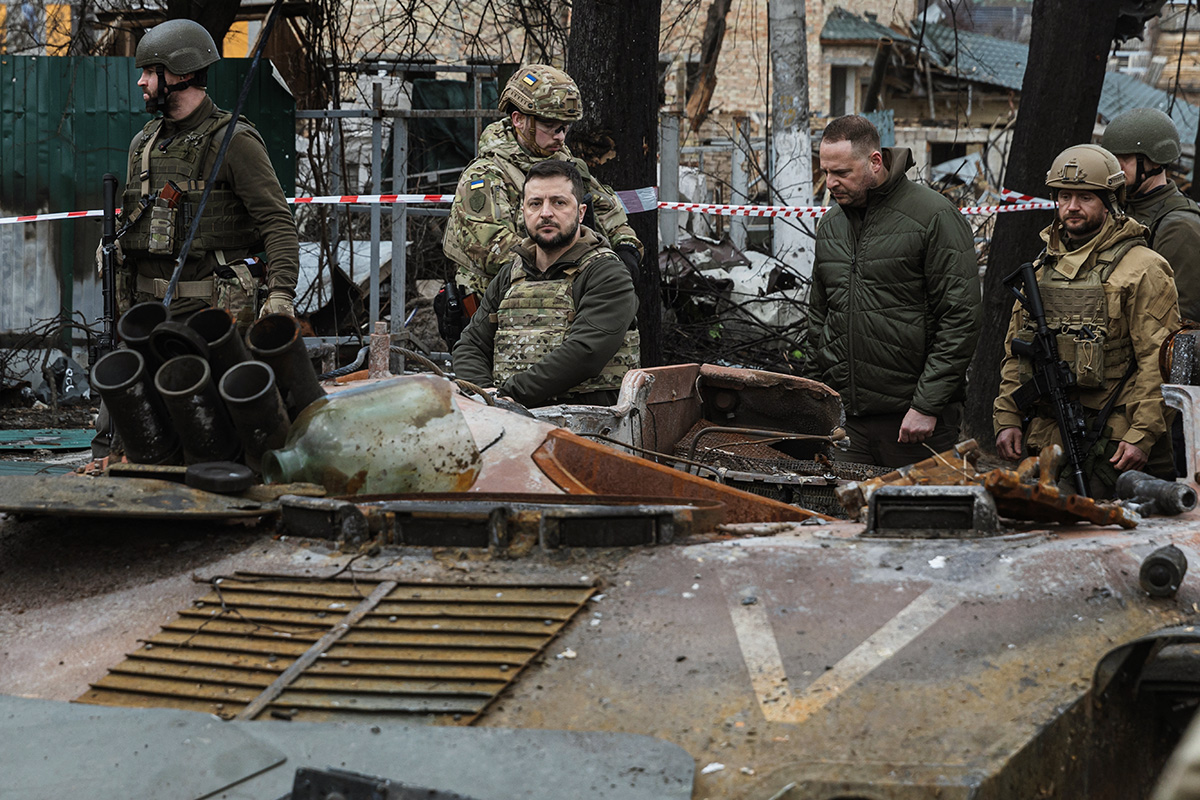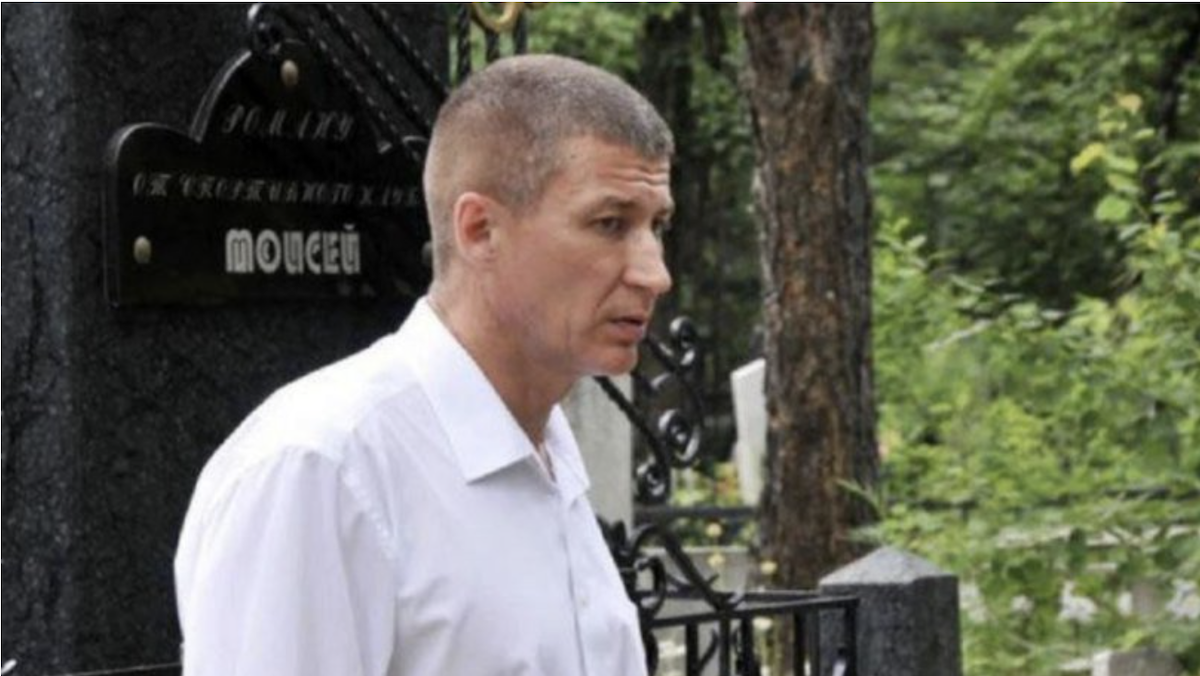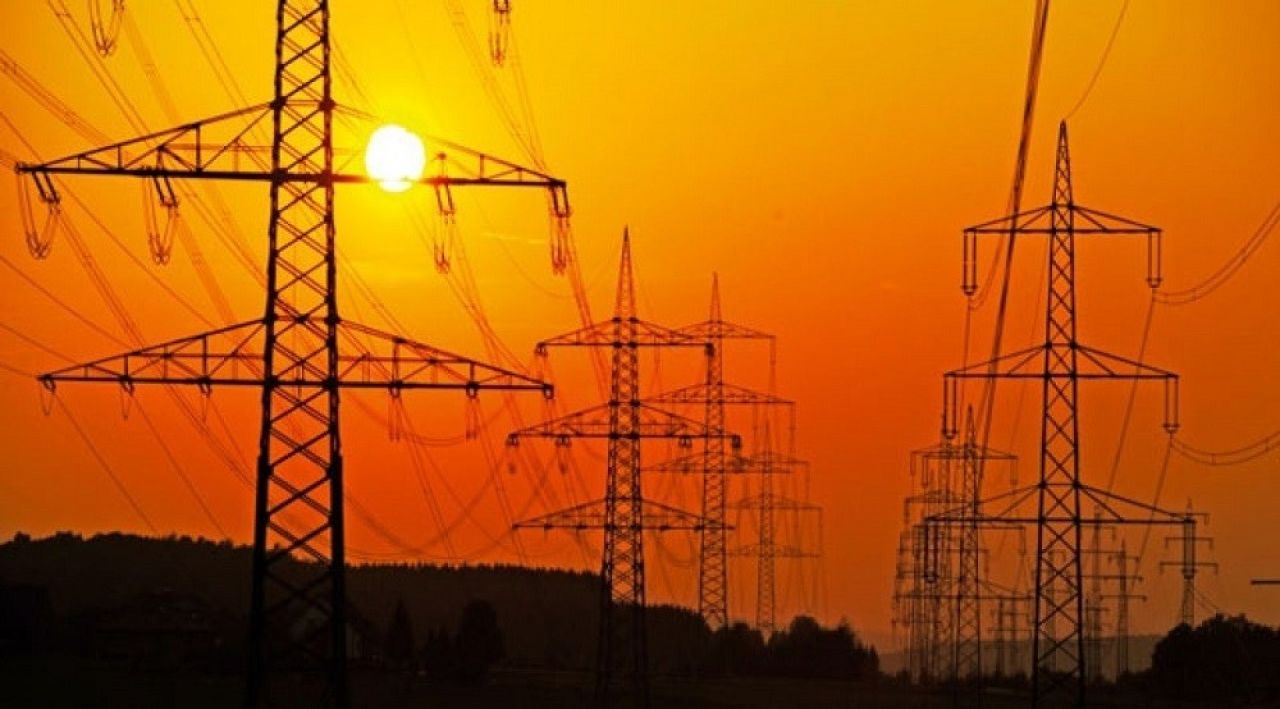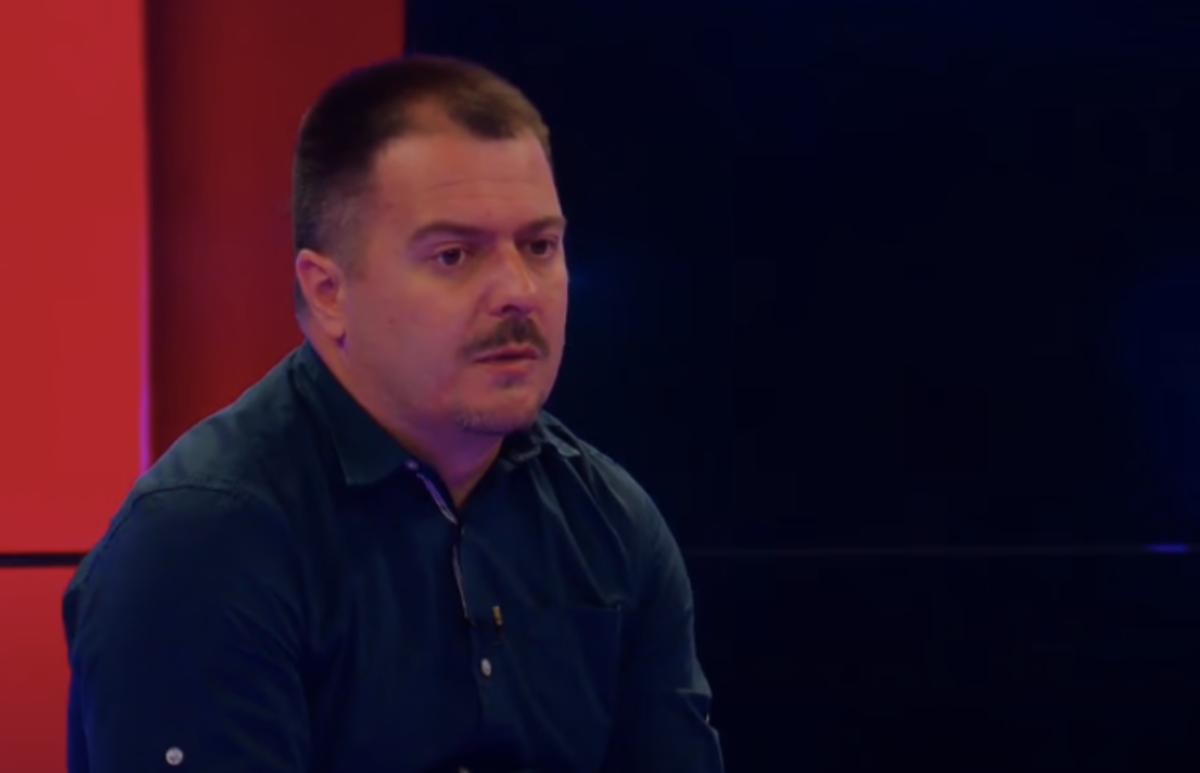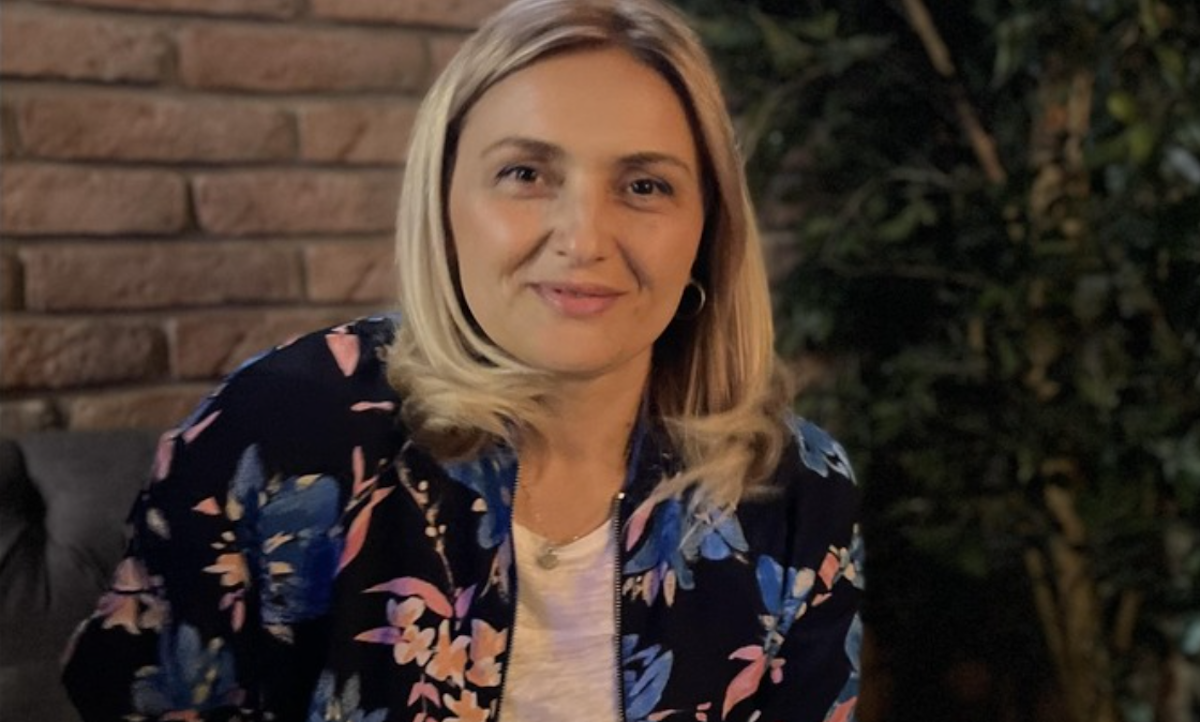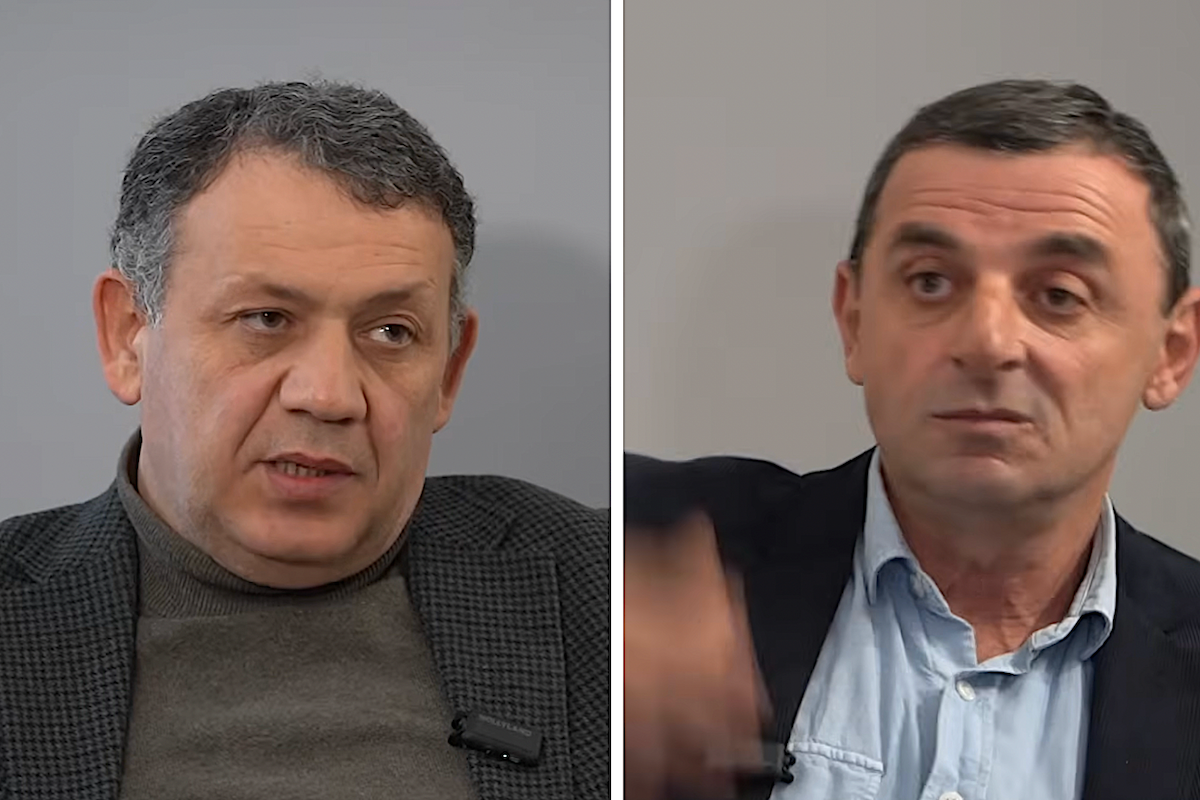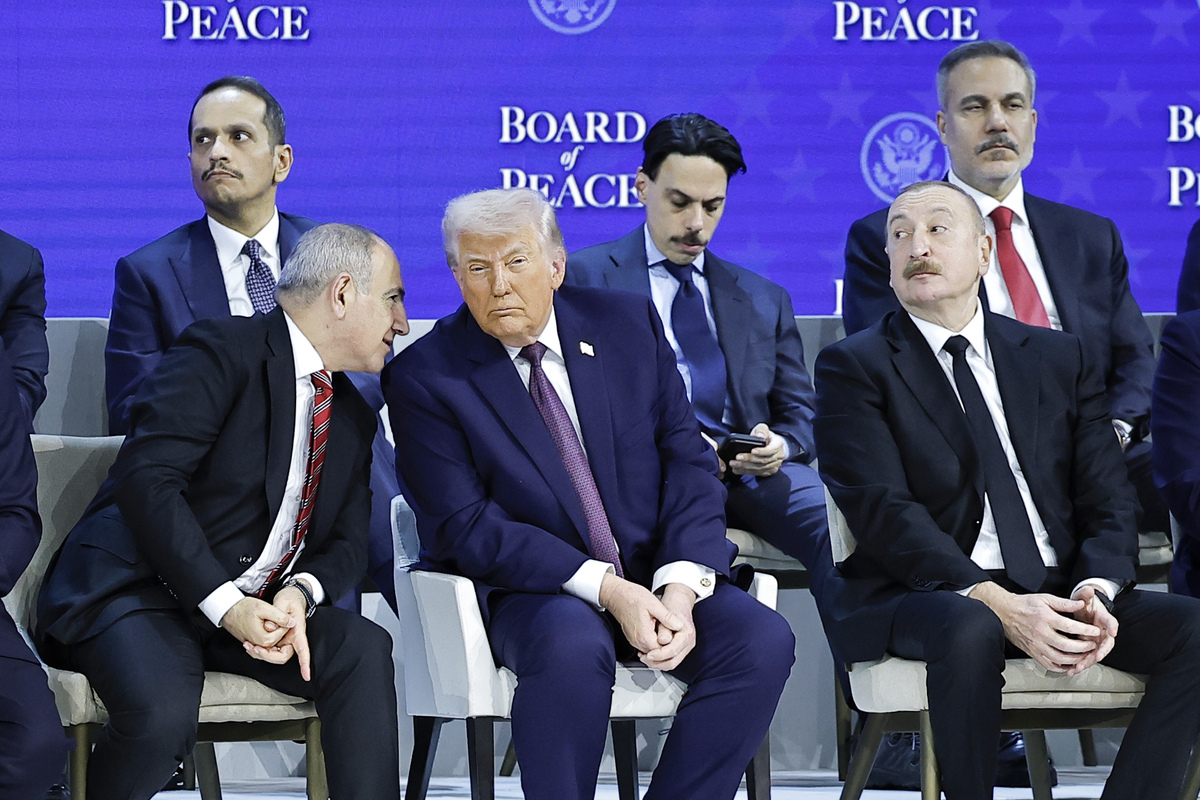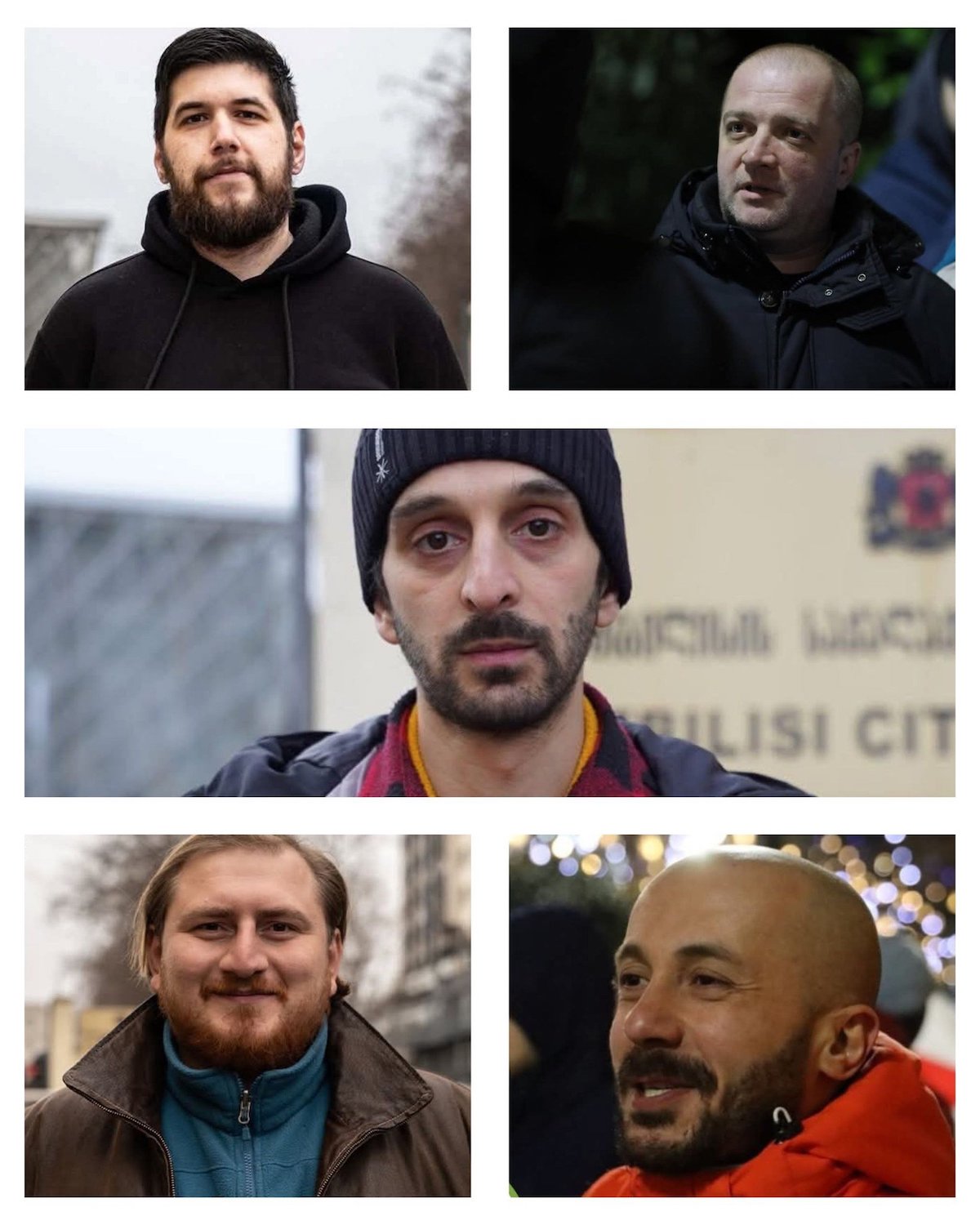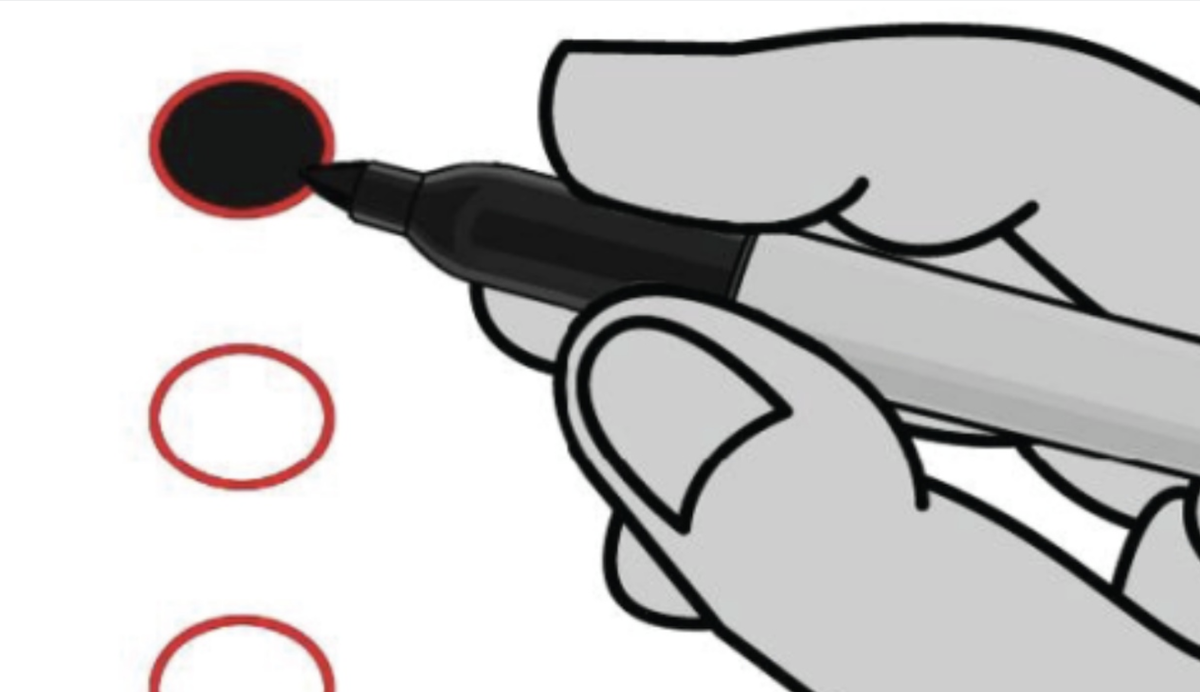Is the West considering peace talks with Russia regarding Ukraine? What scenarios are being prepared?
Scenarios for Ukraine
Analysis by the independent Ukrainian publication Zaborona
For the second consecutive year, Ukraine is not only maintaining its defense but also gradually reclaiming occupied territories. In 2023, the focus was on a substantial spring-summer counteroffensive by the armed forces of Ukraine (AFU) and a significant improvement in our positions. The office of the president even made statements about opening the summer season for Ukrainian citizens in Crimea.
But in reality, everything not only proved to be inaccurate but also much more complicated.
In November, the commander-in-chief of the Ukrainian armed forces, Valeriy Zaluzhny, authored a column for The Economist, stating that the conflict in Ukraine was evolving into a new phase, transitioning into a positional war of attrition.
This candid assessment led to questioning from anti-Ukrainian political forces in Europe and the United States, casting doubt on the wisdom of continued support for Ukraine, if not in its entirety, at least in terms of its extent.
In the West, there is a growing sentiment suggesting the necessity of a diplomatic resolution to the Russian-Ukrainian conflict.
Svetlana Gudkova, editor of Zaborona, delved into discussions with experts about the potential scenarios and avenues for a political conclusion to the war.
War in Ukraine fades into the background
The war in Ukraine is gradually receding from the spotlight on the pages of leading Western publications.
The shift in attention became particularly pronounced on October 7, when Hamas attacked Israel, leading to an IDF military operation in the Gaza Strip.
Even without this development, Europe and the United States have moved past the initial shock following Russia’s large-scale invasion of Ukraine, and they are increasingly focusing on their own problems, some of which have arisen due to the war, according to military expert Ivan Stupak.

“A few weeks ago, I inquired with the British about the continued interest in the war in Ukraine in Britain and whether this topic remains prevalent in the information space. Unfortunately, the consensus was that Ukraine no longer holds the same level of importance.
While there is sympathy for the ongoing events, discussions often revolve around the impracticality of investing as much financial support as seen in 2022-2023.
Had Ukraine achieved significant successes on the front, one might argue that global sentiment could turn more decisively against the Russians.
However, there is also a political dimension: governments change, coalitions shift, new leaders emerge, and gradually, assistance diminishes,” explained the expert.
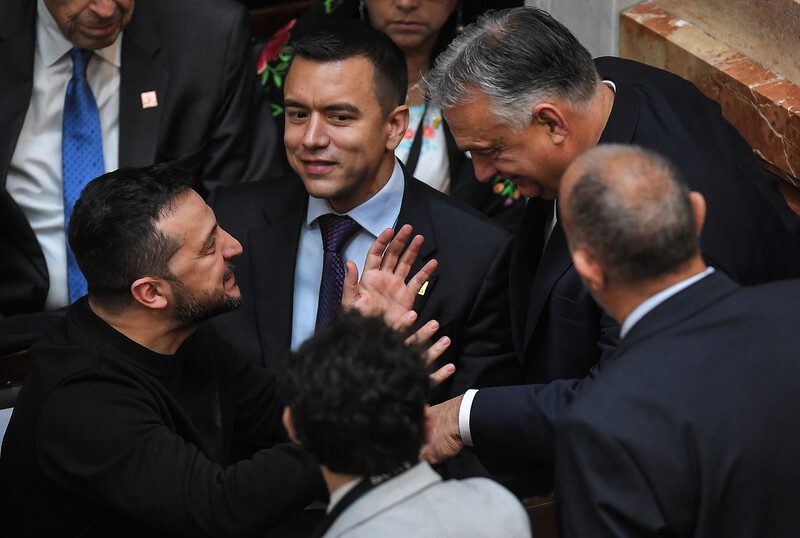
The shifting political climate in Europe is apparent in the rising popularity of far-right parties that oppose providing military support to Ukraine. This stance is openly declared by the recently elected head of the Slovak government, Robert Fitzo, and the victor of the Dutch parliamentary elections, Geert Wilders, the leader of the far-right Freedom Party.
Adding to this list is Viktor Orban, a longstanding friend of Putin and the prime minister of Hungary for an extended period.
Undoubtedly, these developments will adversely affect the support for Ukraine.
The potential failure of Congress to provide aid could trigger a chain reaction among EU countries
On December 7, Ukraine received one of the latest negative signals concerning challenges in receiving aid when U.S. congressmen were unable to reach an agreement on voting for a bill to allocate funds supporting Ukraine, Israel, and Taiwan.
Official reports suggest that the hesitation to provide financial assistance to Kiev was unrelated to the matter at hand; rather, it stemmed from differences between Democrats and Republicans regarding the strengthening of the border with Mexico.
However, the potential failure of Congress to reach an agreement and provide aid could trigger a chain reaction among EU countries.
“The United States is crucial for us because European nations also regard it with significance. Let’s consider a scenario where the United States does not reach an agreement on providing aid to Ukraine.
In such a case, it’s quite likely that countries like Germany, Britain, Poland, and others will question the necessity of supporting Ukraine, pondering whether they can shoulder the burden individually and if exploring alternative options is more prudent.
I’m not asserting that this will occur, but it is a plausible scenario,” stated Ivan Stupak.

“Unfortunately, Ukraine is increasingly becoming a hostage to internal political disputes in both the US and the EU, especially on the eve of elections,” – the international expert Maksym Nesvitaylov thinks.
“There is no doubt that Republicans recognize the importance of supporting Ukraine for the U.S. However, the factor of internal political challenges is at play.
Nevertheless, I don’t believe this signifies a withdrawal of support or a shift in any foreign policy strategy. The year 2024 will be a record year for elections in democratic countries, most of which are our partners.
Wherever election campaigns unfold, the focus will be on domestic politics rather than assisting others,” emphasizes the expert.
He predicts that 2024 will be a year of significant turbulence in the EU and the US, which will be the cause for a reduction in support for Ukraine.
“Our main objective in 2024 is to endure and to strategize for global victories starting in 2025,” Nesvitaylov believes.
Negotiations with Russia
The US and the EU have initiated discussions with Ukraine on peace talks with Russia – this was the headline of a story on the website of the US television channel NBC News in early November.
Citing two senior US officials – one former and one current – the journalists reported that the discussions occurred in October during a meeting of the Contact Group on the Defense of Ukraine.
A few days later, Czech president Petr Pavel mentioned the likely initiation of the negotiation process.
Austria is also hopeful for negotiations between Ukraine and Russia.
In November, French president Emmanuel Macron stated that it was “not yet time” for Ukraine to engage in negotiations; such a decision should be made solely by Kiev.
However, perhaps the time “to hold honest and constructive negotiations, to return to the table and find a solution with Russia” will eventually come.
Meanwhile, Ukraine is not considering talks with Russia. The National Security and Defense Council’s decision, which prohibits engaging in peaceful negotiations with a country identified as a terrorist state in the context of a full-scale war, remains in effect as long as Vladimir Putin holds power.
However, in practice, Zelensky and Putin may not directly negotiate at the table, suggested Ivan Stupak. He cited the example of the UN-mediated grain agreement format.
“Currently, negotiations are not on the table. However, as an option, an agreement could be brokered through the mediation of the United States and China.
In this scenario, Ukraine would sign on one sheet of paper, and Russia would sign on the other. It’s an arrangement where Washington and Beijing assume responsibility for ensuring that each party to the war adheres to the agreements.
The only question is whether the Russians will do so. I am confident, 100 percent, that they will not, as they have demonstrated this on multiple occasions,” the expert stated.
Maksym Nesvitaylov believes that this is the message Ukraine should convey to the West. According to him, any war concludes with negotiations and the signing of agreements, and this will transpire one way or another.
However, in the current situation, the best outcome might be a frozen conflict, which could reignite after some time.
“In the worst-case scenario, we would provide Russia with an operational pause to accumulate resources. Undoubtedly, there will be pressure from the West, and handling it will be challenging for us.
Yet, we must communicate our position and elucidate that there is no successful case leading to the resolution of the conflict and the establishment of peace. Russia will not cease to be an aggressor until it faces a robust response to its actions, until it experiences a significant defeat.
The Ukrainian case should serve as an example to all aggressors and dictators worldwide that the civilized world responds seriously. Until they sense it, their behavior remains more assertive,” emphasizes the expert.
Potential freezing of the conflict: exploring options and the future of Ukraine
Among the scenarios for the political resolution of the war, the West is actively considering the “Korean” and “German” models. Former NATO Secretary General Anders Fogh Rasmussen suggests extending the Alliance’s security guarantees exclusively to the territory of Ukraine controlled by Kiev, akin to the arrangement with West Germany in 1955.
Former NATO forces commander in Europe, James Stavridis, advocates temporarily accepting Russian occupation of the Southeast and pursuing a peace settlement in the “Korean” fashion.
Instead, Europe and the U.S. should assist in rebuilding the territory controlled by Ukraine, fostering economic development, and providing robust security guarantees—similar to how South Korea obtained full partner status with the U.S. under the 1953 treaty.
“We can contemplate ‘German,’ ‘Korean,’ or even ‘Finnish’ scenarios. For instance, Finland lost 10 percent of its territory; this scenario could also be plausible. Of course, it’s unpleasant, but it’s not the end of the world.
Regardless of the scenario—whether it’s our victory or a truce—we must initiate a process of maximum militarization so that the Russians will think twice before taking any aggressive actions again,” says Ivan Stupak.
According to the military expert, the primary focus should be on relying on Ukraine’s own forces and building a robust defense industry. While joining NATO is important, Stupak believes that the Alliance may not immediately accept Ukraine after the war concludes, and he harbors doubts about its ability to protect Ukraine effectively as a member state.
“In my opinion, NATO may not provide the protection we seek; this bloc has weakened. However, we have stipulated movement towards the Alliance in our constitution, and that’s why we are pursuing it.
We need this alliance for exercises, access to technology, the ability to purchase equipment, and the establishment of joint production of airplanes, equipment, weapons, etc.
Certainly, we are interested in exploring alternative alliances. It could involve Poland, the Baltic States, and the UK, depending on who is willing to create such an alliance with us. Nevertheless, our primary reliance should be on ourselves,” emphasizes the military expert.










